Introduction

The automotive industry is at a crucial stage in its evolution, with numerous factors shaping its future. As technology advances and environmental concerns heighten, the industry is experiencing a paradigm shift. This blog explores the future of the automotive industry, discussing key elements such as electric vehicles, autonomous vehicles, connectivity and IoT integration, and sustainable solutions.
The current state of the automotive industry is characterized by a growing demand for greener and more efficient transportation options. Electric vehicles (EVs) have emerged as a viable solution, offering reduced emissions and lower operating costs. Moreover, the development and adoption of autonomous vehicles promise to revolutionize the way we travel and commute. These advancements in technology present unprecedented opportunities for safety, convenience, and enhanced user experience.
In addition, the integration of connectivity and Internet of Things (IoT) solutions allows vehicles to communicate with each other and with the surrounding infrastructure, further optimizing efficiency and safety. Furthermore, there is a growing emphasis on sustainability in the automotive industry, with a shift towards renewable energy sources and eco-friendly materials.
The future of the automotive industry is marked by both challenges and opportunities. While the industry must navigate regulatory hurdles, technological advancements offer the potential for innovation and growth. By embracing the changes driven by electric and autonomous vehicles, connectivity, and sustainable practices, the automotive industry can create a future that is greener, safer, and more efficient for all.
Overview of the current state of the automotive industry
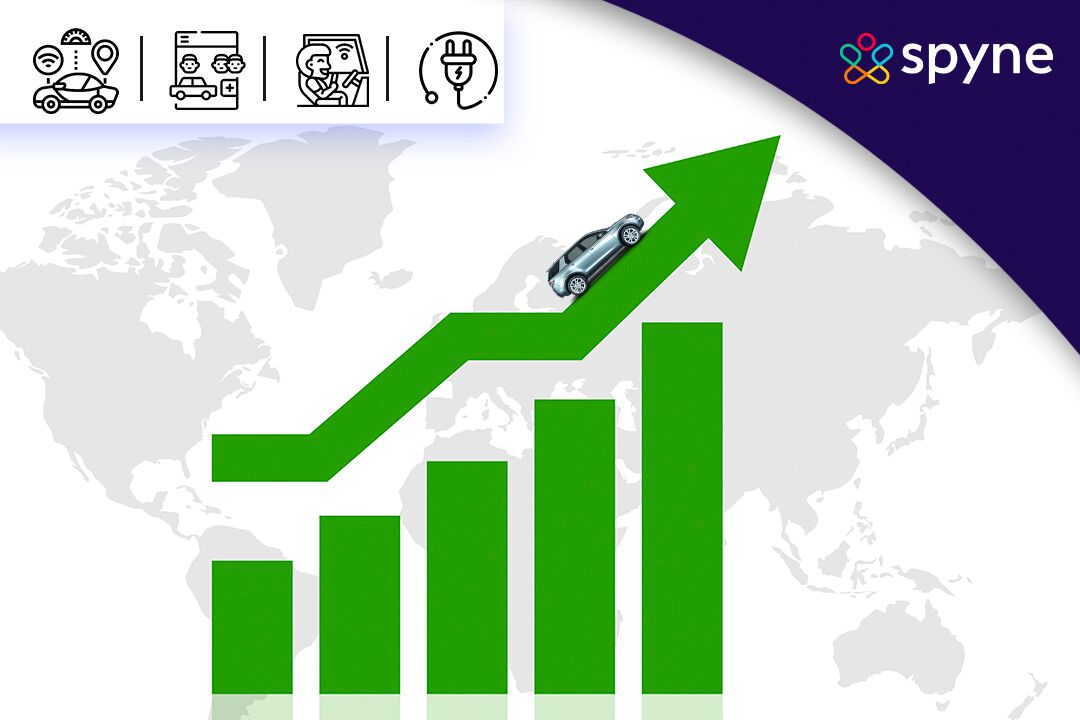
The current state of the automotive industry is marked by significant changes and advancements. The demand for greener and more efficient transportation options has led to a rise in electric vehicles (EVs). The sales of EVs have been steadily increasing, driven by government incentives, improving technology, and growing environmental awareness. Additionally, automakers are investing in the development of EV models to meet consumer demands.
Autonomous vehicles are also gaining traction in the automotive industry. Many companies are conducting extensive research and development to enhance the capabilities of self-driving cars. While fully autonomous vehicles are not yet commonplace, advancements in this technology are paving the way for future adoption.
Connectivity and Internet of Things (IoT) integration are transforming the automotive landscape as well. Vehicles are increasingly equipped with smart features that allow for seamless communication with other vehicles and infrastructure. This connectivity enables real-time updates on traffic conditions, improved navigation systems, and enhanced safety features.
Moreover, there is a growing emphasis on sustainability in the industry. Automakers are investing in renewable energy sources and eco-friendly materials to reduce the environmental impact of their vehicles. This shift towards sustainable practices aligns with the global focus on reducing carbon emissions and combating climate change.
Overall, the current state of the automotive industry showcases a growing demand for electric and autonomous vehicles, as well as the integration of connectivity and sustainable solutions. These factors are driving innovation and shaping the future of the industry.
Factors shaping the future of the automotive industry
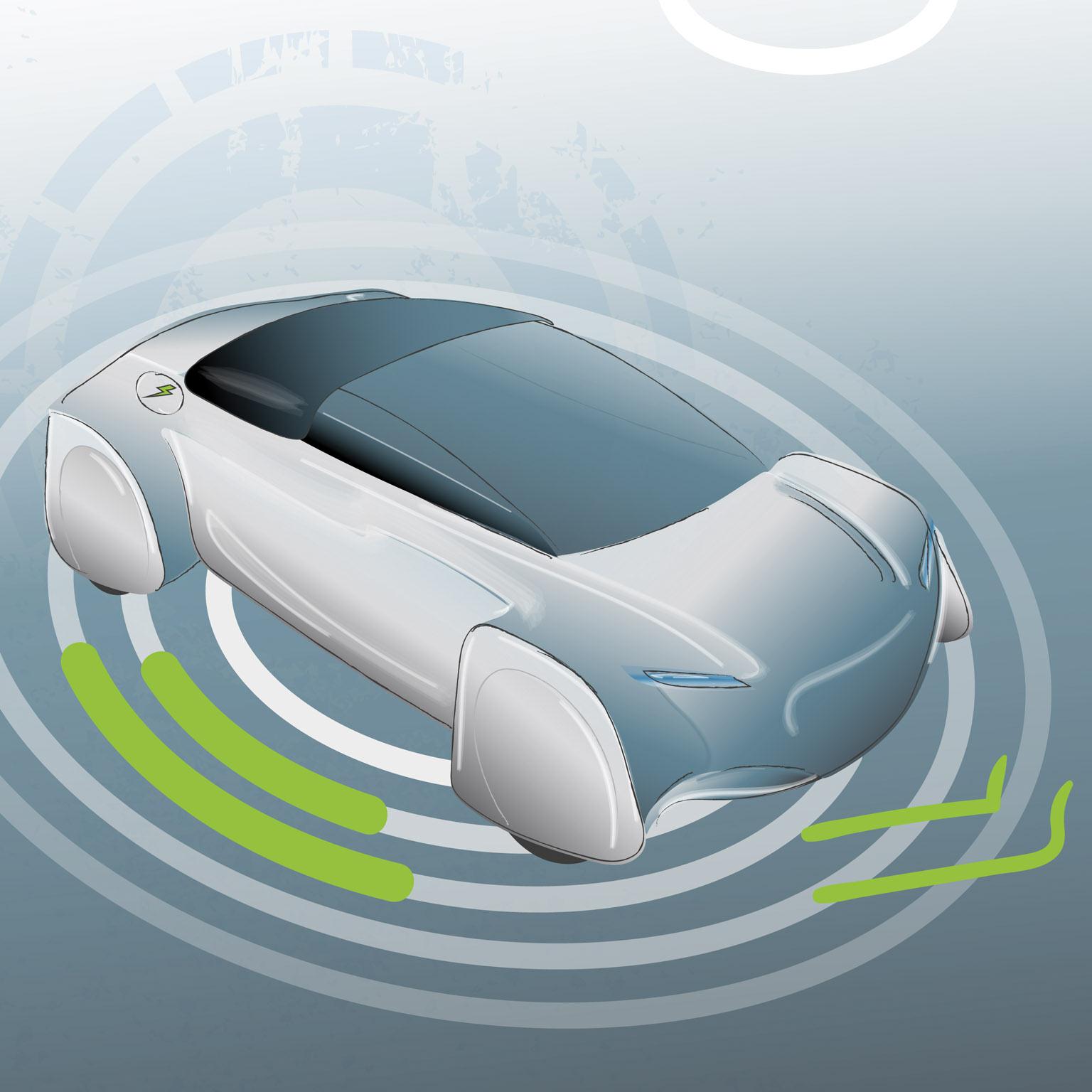
The future of the automotive industry is being shaped by several key factors. One of the main factors is the increasing demand for greener and more sustainable transportation options. As governments and consumers become more environmentally conscious, there is a growing emphasis on electric vehicles (EVs) and renewable energy sources.
Advancements in technology are also playing a significant role in shaping the future of the automotive industry. The development of autonomous vehicles and the integration of connectivity and Internet of Things (IoT) are revolutionizing the way we think about transportation. These advancements offer the potential for increased safety, improved efficiency, and enhanced user experiences.
Furthermore, changing consumer preferences and behaviors are influencing the direction of the automotive industry. There is a growing demand for personalized and convenient mobility solutions, leading to the rise of mobility-as-a-service (MaaS) and car-sharing platforms. Additionally, the shift towards urbanization and the need for smart city infrastructure are driving the adoption of innovative transport solutions.
Overall, the future of the automotive industry will be shaped by the convergence of sustainability, technology, and changing consumer needs, creating opportunities for innovation and transformation.
Electric Vehicles (EVs)
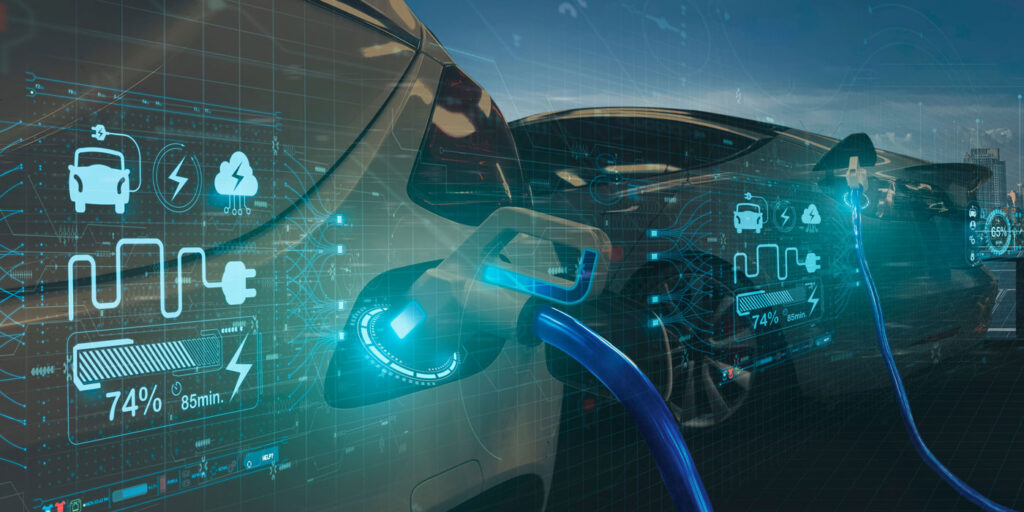
Electric vehicles (EVs) have emerged as a key player in shaping the future of the automotive industry. The increasing demand for greener and more sustainable transportation options has driven the rise of EVs. Governments around the world are implementing policies to encourage the adoption of electric vehicles and reduce carbon emissions.
Advancements in EV technology and infrastructure have also played a crucial role in the growth of this sector. The range and performance of electric vehicles have significantly improved, making them a viable alternative to traditional combustion engine cars. Moreover, the expansion of charging infrastructure, including fast-charging stations, has alleviated concerns about range anxiety and provided convenience for EV owners.
Electric vehicles offer numerous benefits, including lower operating costs, reduced air pollution, and a quieter driving experience. As battery technology continues to improve, the affordability and accessibility of electric vehicles are expected to increase, leading to a broader consumer base and further market penetration.
In conclusion, electric vehicles are set to revolutionize the automotive industry, providing sustainable and efficient transportation solutions for the future.
The rise of electric vehicles in the automotive industry
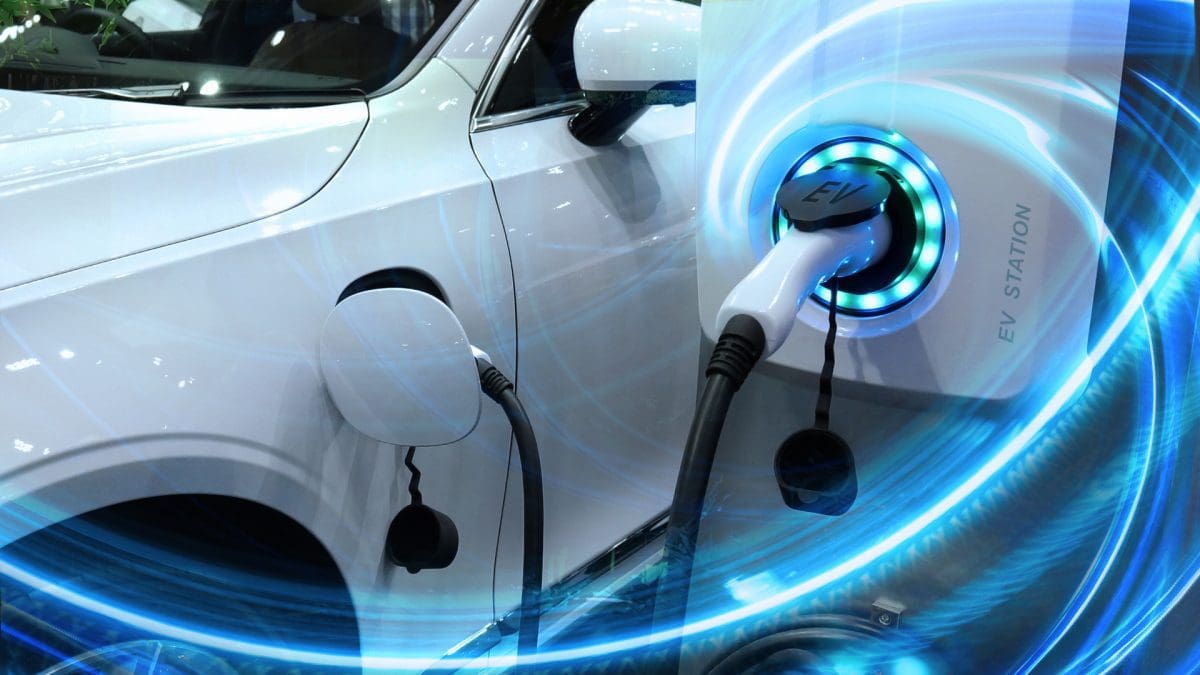
Over the past decade, the automotive industry has witnessed a significant rise in the adoption of electric vehicles (EVs). This can be attributed to the growing awareness of environmental concerns and the push for sustainable transportation options. Governments around the world have implemented policies and incentives to encourage the transition to electric vehicles, including tax incentives, subsidies, and stricter emissions regulations.
The popularity of electric vehicles has been further fueled by advancements in technology. EVs now offer improved range and performance, making them a viable alternative to traditional combustion engine cars. Moreover, the expansion of charging infrastructure, including fast-charging stations, has alleviated concerns about range anxiety and provided convenience for EV owners.
Furthermore, automakers are increasingly investing in research and development to enhance battery technology and decrease costs, making electric vehicles more affordable and accessible to a broader consumer base. As a result, the market share of electric vehicles is expected to continue to grow, potentially surpassing that of internal combustion engine vehicles in the coming years. The rise of electric vehicles marks a significant shift in the automotive industry towards a greener and more sustainable future.
Advancements in EV technology and infrastructure

Advancements in EV technology and infrastructure have played a crucial role in driving the rise of electric vehicles in the automotive industry. Technological innovations have led to significant improvements in battery efficiency, resulting in increased range and faster charging times. The development of solid-state batteries, for instance, holds promise for even greater advancements in EV performance. Additionally, the integration of regenerative braking and energy recovery systems further enhances the overall efficiency of electric vehicles.
The expansion of charging infrastructure has also been a key factor in promoting the adoption of EVs. Governments and private companies have invested heavily in the installation of charging stations, including fast-charging networks, making it more convenient for EV owners to recharge their vehicles. Moreover, the advancements in wireless charging technology offer the potential for seamless and effortless charging experiences.
These advancements in technology and infrastructure address the key concerns of EV buyers, such as range anxiety and charging accessibility, making electric vehicles a more viable and practical option for consumers. With continued investments and research in EV technology and infrastructure, the automotive industry is poised for further growth and the widespread adoption of electric vehicles.
Autonomous Vehicles
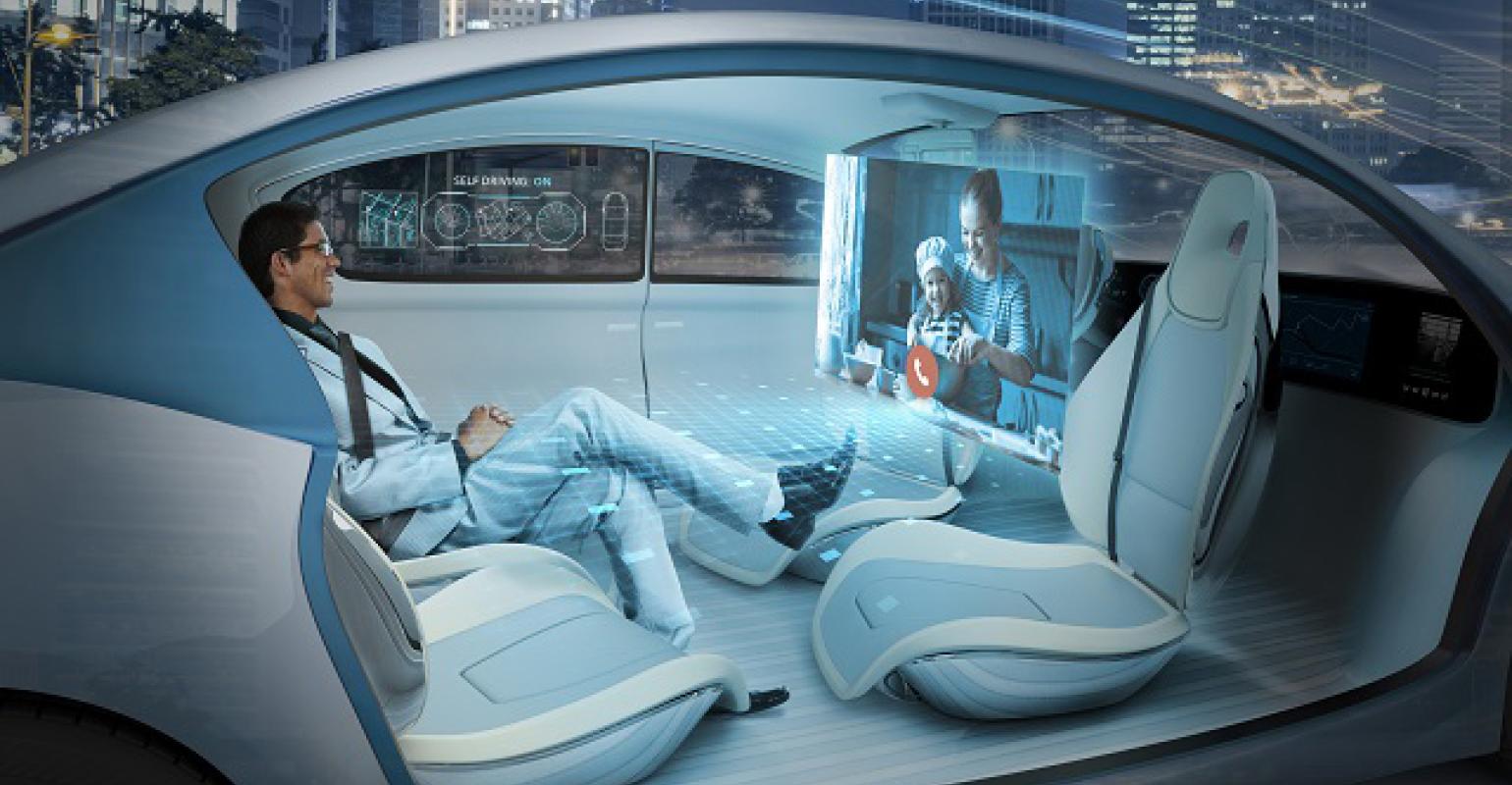
Autonomous Vehicles:
The development and adoption of autonomous vehicles have been a major focus in the automotive industry. Autonomous vehicles, also known as self-driving cars, have the potential to revolutionize transportation by eliminating the need for human drivers.
Advancements in artificial intelligence, sensor technology, and connectivity have paved the way for the development of autonomous vehicles. Companies such as Tesla, Waymo, and Uber have made significant progress in testing and deploying autonomous vehicles on public roads.
The impact of autonomous vehicles on the automotive industry is expected to be profound. With the ability to operate without human intervention, autonomous vehicles have the potential to improve road safety, reduce traffic congestion, and increase fuel efficiency. Additionally, the rise of autonomous ride-sharing services could disrupt traditional car ownership models.
However, the widespread adoption of autonomous vehicles is not without challenges. Legal and regulatory frameworks need to be established to ensure safety and liability issues are properly addressed. Furthermore, public acceptance and trust in self-driving technology need to be cultivated.
Overall, autonomous vehicles hold great promise for the future of the automotive industry, with the potential to transform transportation as we know it. Continued research and development efforts will be crucial in overcoming the remaining challenges and realizing the full potential of autonomous vehicles.
The development and adoption of autonomous vehicles
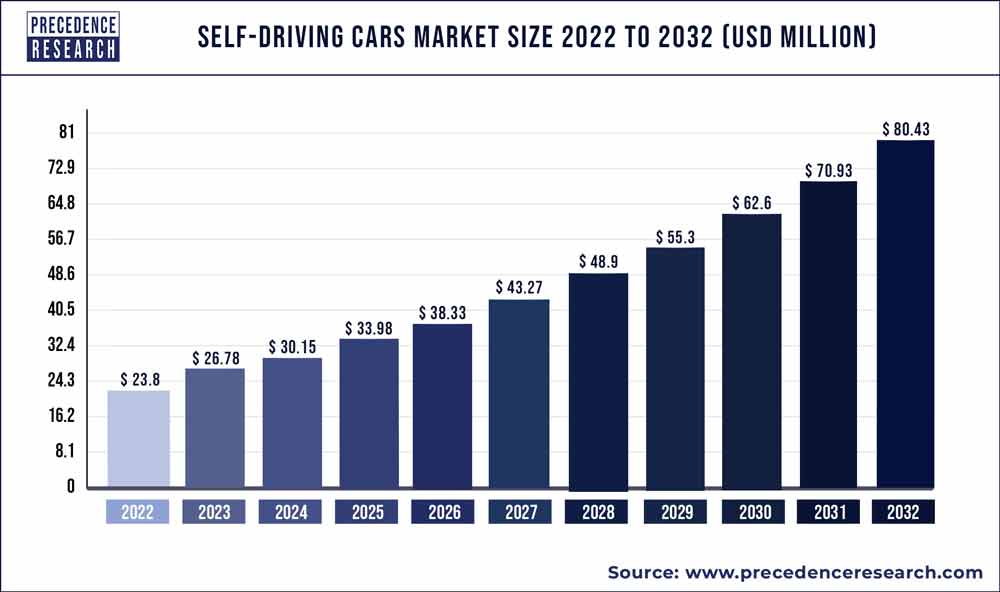
The development and adoption of autonomous vehicles has been a significant focus in the automotive industry. With advancements in artificial intelligence, sensor technology, and connectivity, companies such as Tesla, Waymo, and Uber have made considerable progress in testing and deploying autonomous vehicles on public roads.
Autonomous vehicles have the potential to revolutionize transportation by eliminating the need for human drivers. They can operate without human intervention, improving road safety, reducing traffic congestion, and increasing fuel efficiency. Additionally, the rise of autonomous ride-sharing services could disrupt traditional car ownership models.
However, the widespread adoption of autonomous vehicles faces challenges. Legal and regulatory frameworks need to be established to address safety and liability issues. Moreover, public acceptance and trust in self-driving technology need to be cultivated.
The future of autonomous vehicles holds great promise for the automotive industry, with the potential to transform transportation as we know it. Continued research and development efforts will be crucial in overcoming the remaining challenges and realizing the full potential of autonomous vehicles.
Impacts of autonomous vehicles on the automotive industry

The emergence of autonomous vehicles has the potential to profoundly impact the automotive industry. Here are some of the key impacts:
- Safety: Autonomous vehicles have the capability to significantly reduce the number of accidents caused by human error. With advanced sensor technology and artificial intelligence, these vehicles can make split-second decisions and react faster than human drivers.
- Disruption of traditional car ownership: The rise of autonomous ride-sharing services could disrupt the traditional model of car ownership. Instead of owning multiple vehicles, individuals may rely on ride-sharing platforms, leading to a decrease in the total number of vehicles on the road.
- Changes in manufacturing and supply chain: The production of autonomous vehicles requires new technologies and components. This could lead to changes in the manufacturing process and supply chain, as traditional automotive companies and tech companies collaborate to develop and produce autonomous vehicles.
- Job displacement: The widespread adoption of autonomous vehicles may lead to job displacement in certain areas, such as professional drivers and taxi operators. However, new job opportunities could also arise in areas such as technology development, maintenance, and monitoring.
Overall, the impacts of autonomous vehicles on the automotive industry are expected to be far-reaching, with implications for safety, ownership models, manufacturing, and employment.
Connectivity and IoT Integration
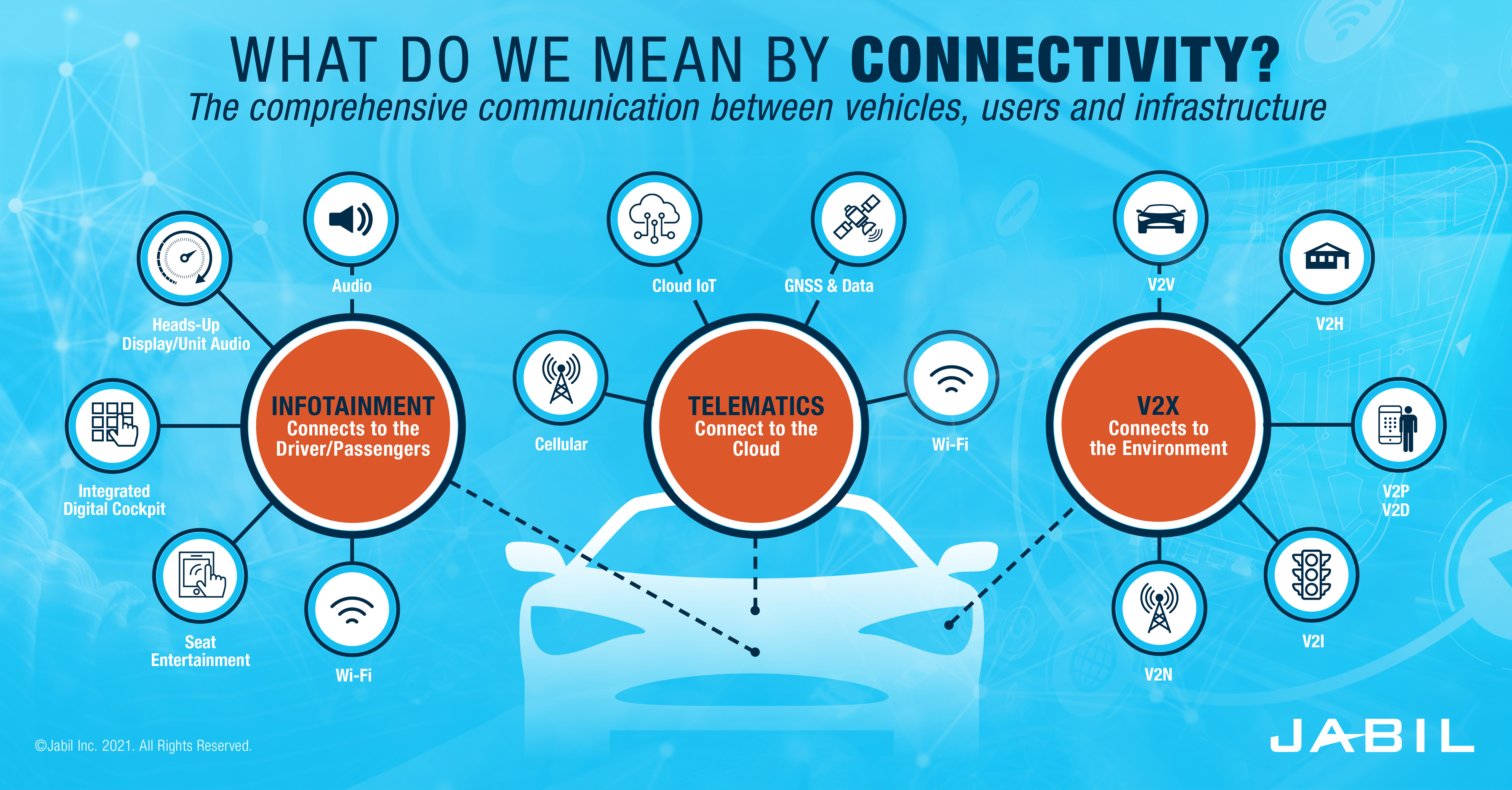.jpg)
The automotive industry is experiencing a revolution in connectivity and IoT integration. With the advancement of technology, vehicles are becoming more connected than ever before. This connectivity allows vehicles to communicate with each other, with infrastructure, and with other devices, leading to enhanced safety, convenience, and overall user experience.
One of the key areas of innovation in connectivity is vehicle-to-vehicle (V2V) communication. This technology enables vehicles to exchange real-time information about their speed, location, and direction, helping to prevent accidents and improve traffic flow. Additionally, vehicle-to-infrastructure (V2I) communication enables vehicles to communicate with traffic signals and road infrastructure, allowing for optimized traffic management and improved efficiency.
IoT integration in vehicles is also playing a significant role in the automotive industry. With IoT devices, vehicles can connect to the internet and seamlessly integrate with other smart devices, such as smartphones and home automation systems. This connectivity enables features like remote vehicle control, real-time vehicle diagnostics, and personalized in-car experiences.
Overall, connectivity and IoT integration are transforming the automotive industry, offering a wide range of benefits such as increased safety, improved efficiency, and a more seamless user experience. As technology continues to evolve, we can expect even more advanced connectivity features in the future.
Innovation in vehicle connectivity and Internet of Things (IoT)

As technology continues to evolve, the automotive industry is experiencing a wave of innovation in vehicle connectivity and Internet of Things (IoT) integration. Vehicles today have become more connected than ever before, allowing them to communicate with each other, infrastructure, and other devices. This connectivity opens up a world of possibilities in terms of safety, convenience, and overall user experience.
One area of innovation is vehicle-to-vehicle (V2V) communication, where vehicles can exchange real-time information about their speed, location, and direction. This technology helps prevent accidents and improve traffic flow. Another aspect is vehicle-to-infrastructure (V2I) communication, enabling vehicles to interact with traffic signals and road infrastructure for optimized traffic management.
Moreover, IoT integration in vehicles allows them to connect to the internet and seamlessly integrate with other smart devices. This connectivity facilitates features such as remote vehicle control, real-time diagnostics, and personalized in-car experiences.
In summary, the innovation in vehicle connectivity and IoT integration is revolutionizing the automotive industry, offering enhanced safety, efficiency, and a more seamless user experience. As technology progresses, we can anticipate even more advanced connectivity features in the future.
Enhanced safety, convenience, and user experience

Enhanced safety, convenience, and user experience are key benefits of the innovation in vehicle connectivity and Internet of Things (IoT) integration in the automotive industry. With vehicles becoming more connected, there are numerous features and functionalities that contribute to a safer and more convenient driving experience.
For example, vehicle-to-vehicle (V2V) communication allows vehicles to exchange real-time information about their speed, location, and direction, helping to prevent accidents and improve traffic flow. This technology enables vehicles to anticipate and respond to potential hazards on the road.
Furthermore, vehicle-to-infrastructure (V2I) communication enables vehicles to interact with traffic signals and road infrastructure, leading to optimized traffic management. This integration improves overall road safety and reduces congestion.
In terms of convenience, IoT integration allows vehicles to connect to the internet and seamlessly integrate with other smart devices. This connectivity enables features such as remote vehicle control, real-time diagnostics, and personalized in-car experiences.
Overall, the innovation in vehicle connectivity and IoT integration enhances safety by providing real-time information and enables a more convenient user experience through advanced functionalities and personalized features.
Sustainable Solutions
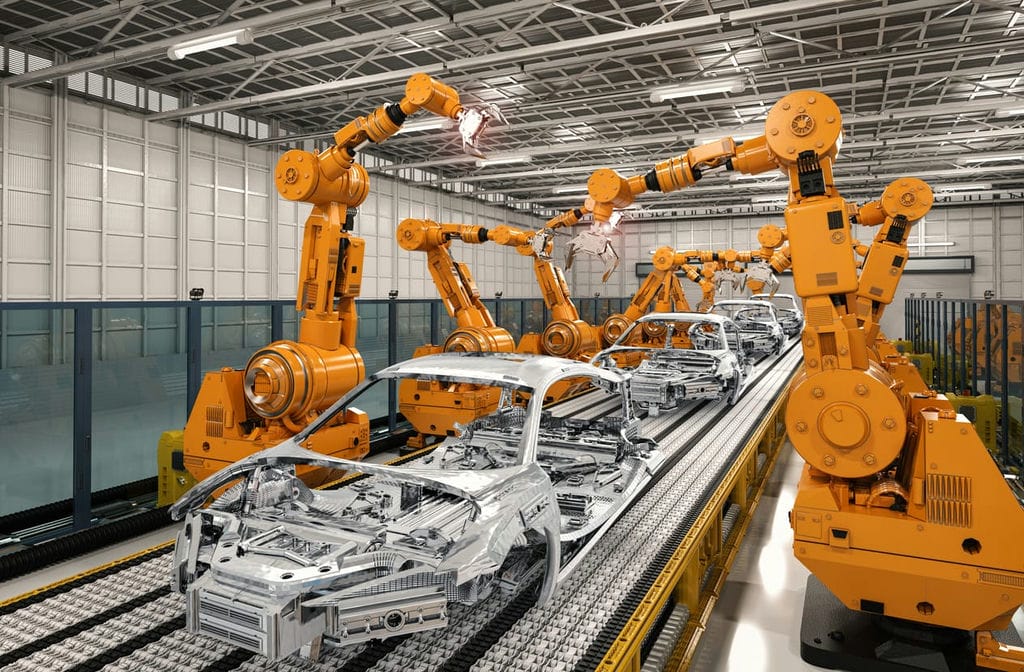
The future of the automotive industry is increasingly focused on sustainable solutions. As concerns about climate change and environmental impact grow, automakers are shifting towards more sustainable practices.
One of the key aspects of sustainability in the automotive industry is the adoption of electric vehicles (EVs). With zero-emission capabilities, EVs offer a cleaner alternative to traditional combustion engines. In addition, advancements in battery technology and charging infrastructure are making EVs more efficient and accessible to consumers.
Another sustainable solution is the use of renewable energy sources to power vehicles. This includes the integration of solar panels and wind turbines to generate electricity for EV charging stations. Additionally, automakers are exploring the use of eco-friendly materials, such as recycled plastics and bio-based composites, in vehicle manufacturing to reduce carbon emissions and waste.
By embracing sustainable solutions, the automotive industry is taking a proactive approach towards reducing its environmental footprint. These initiatives not only benefit the planet but also provide an opportunity for automakers to differentiate themselves in the market and meet the evolving needs of eco-conscious consumers.
Shift towards sustainable practices in the automotive industry
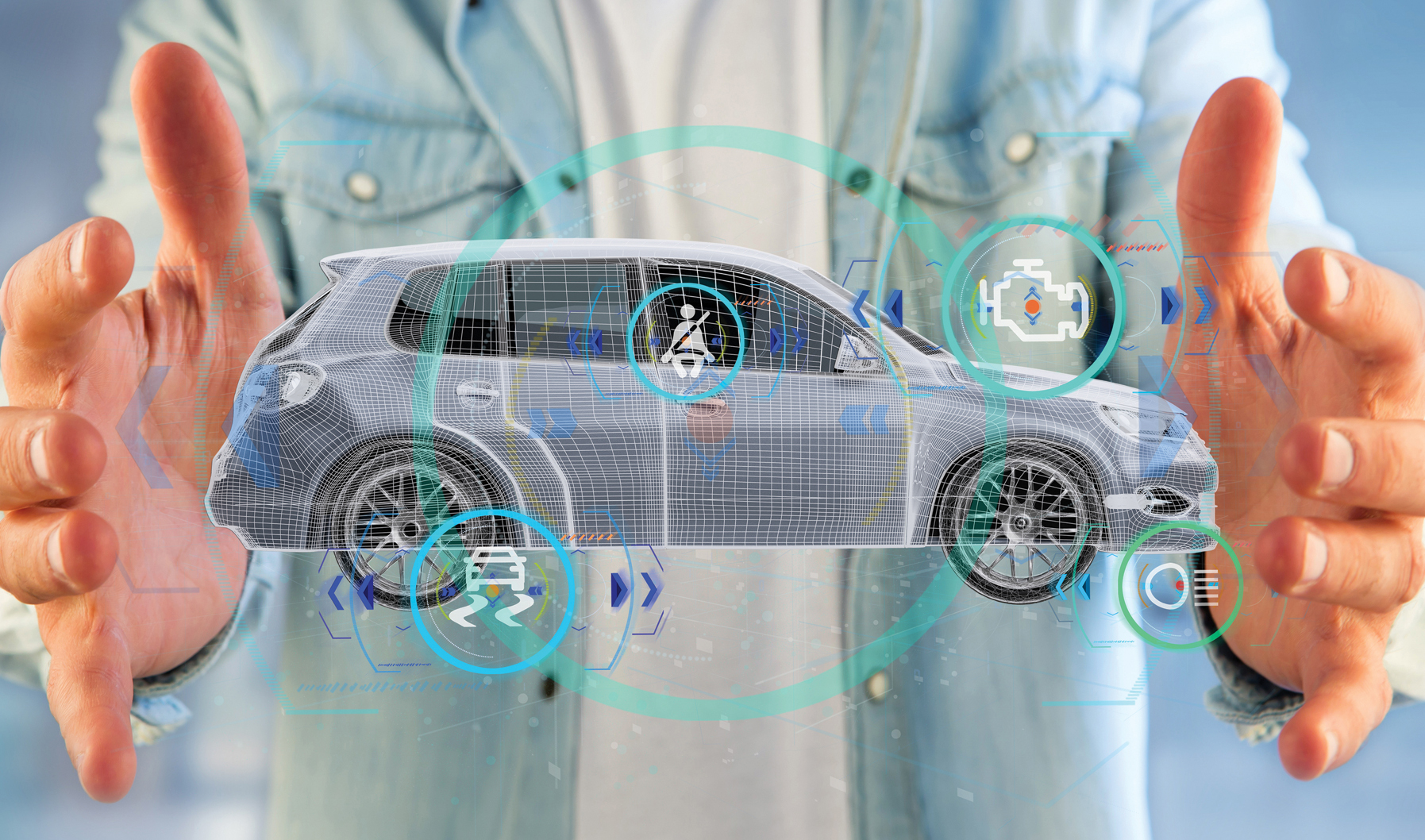
The automotive industry is experiencing a significant shift towards sustainable practices as the need for eco-conscious solutions becomes increasingly evident. Automakers are actively taking steps to reduce their environmental footprint and embrace sustainability as a core principle.
One of the key aspects of this shift is the adoption of electric vehicles (EVs). EVs offer a cleaner alternative to traditional combustion engines, with zero-emission capabilities. This transition not only addresses concerns about climate change but also meets the growing demand for greener transportation options.
Additionally, automakers are incorporating renewable energy sources into their operations. This includes the integration of solar panels and wind turbines to generate electricity for EV charging stations, reducing reliance on fossil fuels.
Furthermore, there is a focus on eco-friendly materials in vehicle manufacturing. Automakers are exploring the use of recycled plastics and bio-based composites, which helps reduce waste and carbon emissions.
By embracing sustainable practices, the automotive industry is taking a proactive approach to mitigate its environmental impact. These initiatives align with the evolving needs and expectations of eco-conscious consumers, while also contributing to a greener and more sustainable future.
Renewable energy sources and eco-friendly materials

The automotive industry is making significant strides towards sustainability by incorporating renewable energy sources and eco-friendly materials. Automakers are actively seeking ways to reduce their environmental impact and promote a greener future.
One aspect of this shift is the integration of renewable energy sources into their operations. Companies are employing solar panels and wind turbines to generate electricity for EV charging stations, reducing reliance on fossil fuels. This not only helps to lower emissions but also creates a more sustainable energy infrastructure.
In addition, there is a growing focus on using eco-friendly materials in vehicle manufacturing. Automakers are exploring the use of recycled plastics and bio-based composites, which can significantly reduce waste and carbon emissions. These materials are not only environmentally friendly but also offer comparable performance to traditional materials.
By embracing renewable energy sources and eco-friendly materials, the automotive industry is taking a proactive approach to mitigating its environmental impact. These initiatives demonstrate a commitment to sustainability and align with the growing demands of eco-conscious consumers.
Conclusion
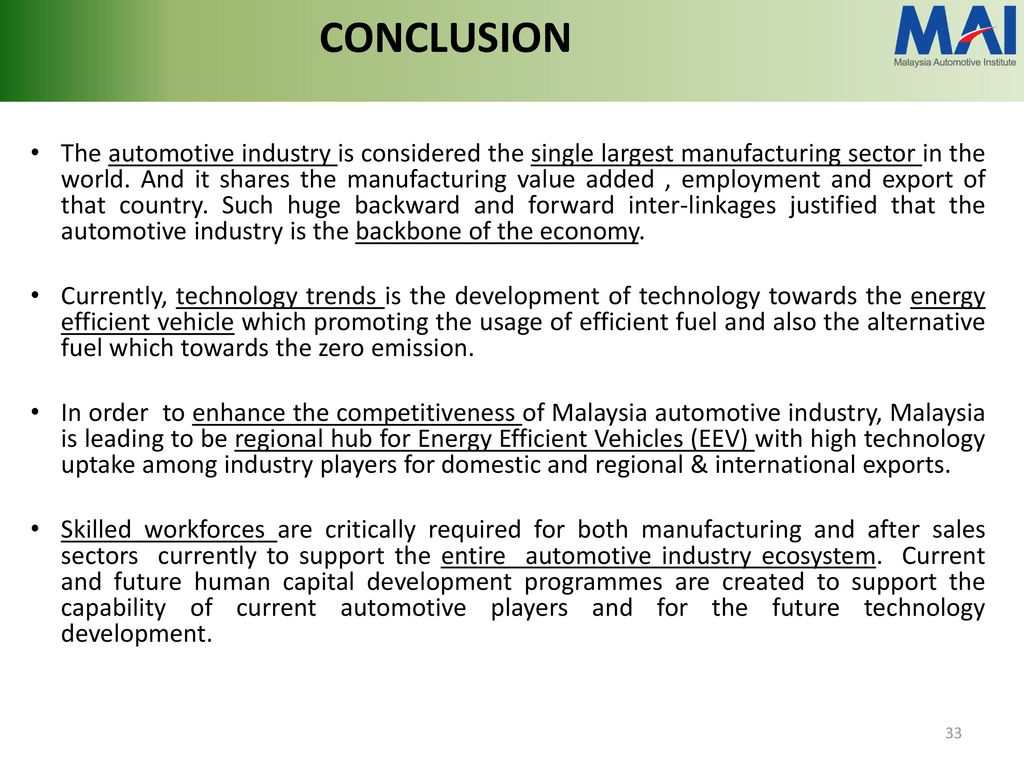
In conclusion, the automotive industry is undergoing a significant transformation as it looks towards the future. The rise of electric vehicles, advancements in autonomous technology, integration of connectivity and IoT, and the adoption of sustainable practices are shaping the industry's trajectory.
Electric vehicles have gained immense popularity due to their environmental benefits and increasing infrastructure support. The development and adoption of autonomous vehicles have the potential to revolutionize transportation, offering improved safety and efficiency. Connectivity and IoT integration enhance user experience and pave the way for innovative features.
Moreover, the industry is actively addressing its environmental impact by embracing sustainable solutions. Renewable energy sources and eco-friendly materials enable automakers to reduce emissions and promote a greener future.
As the industry evolves, challenges and opportunities lie ahead. The automotive industry will continue to innovate and adapt to meet consumer demands for eco-friendly and technologically advanced vehicles. By navigating these changes effectively, the industry can create a more sustainable and connected future.
Predictions for the future of the automotive industry
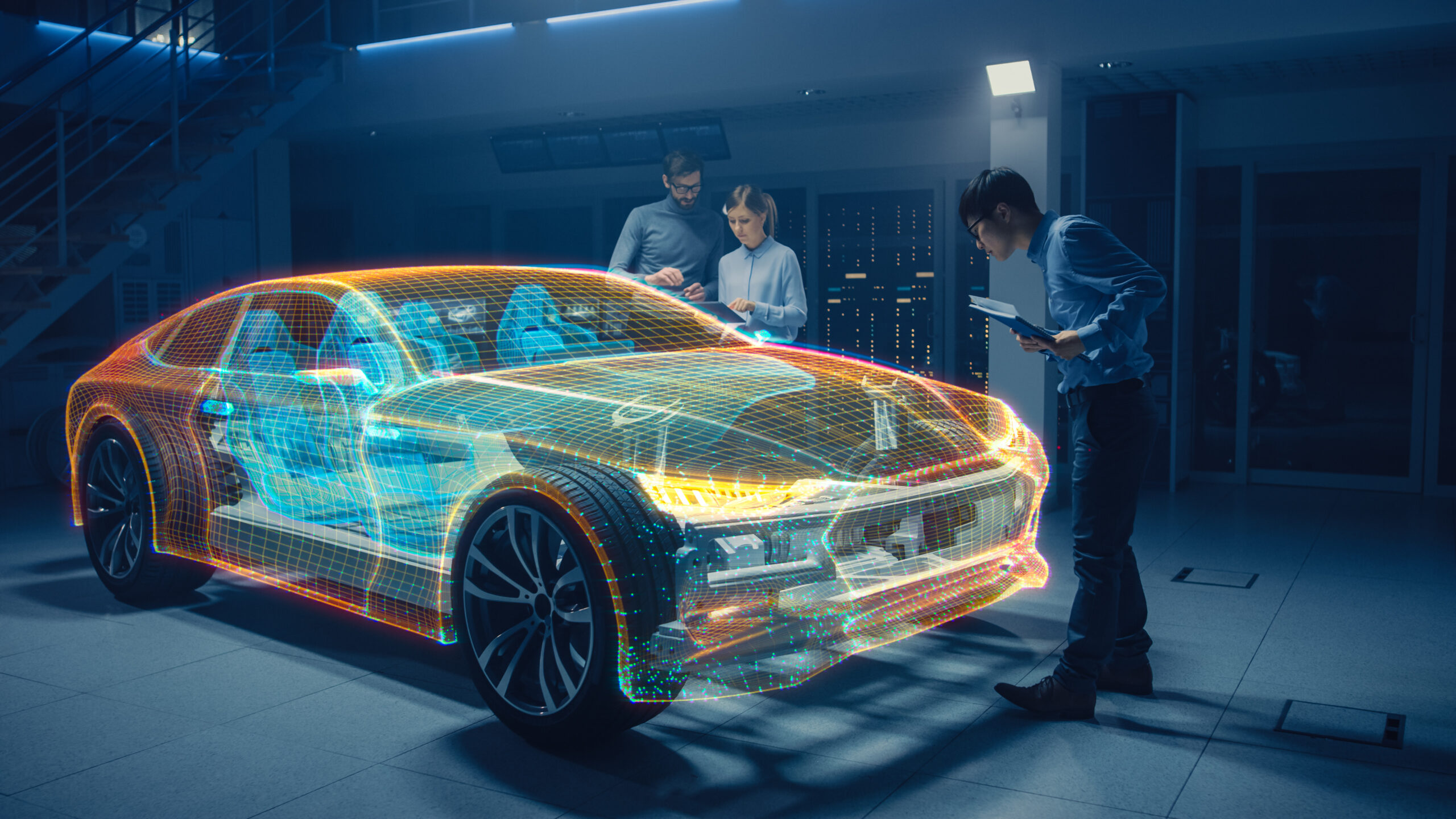
The future of the automotive industry holds exciting possibilities as technology continues to advance. Here are some predictions for what lies ahead:
- Electric Vehicles (EVs) will dominate the market: With increasing government regulations and consumer demand for sustainable transportation, EVs are expected to become the norm. By 2030, it is estimated that EVs will represent a significant portion of global vehicle sales.
- Autonomous vehicles will revolutionize transportation: As autonomous technology continues to improve, fully self-driving vehicles will become more common on our roads. This will lead to safer and more efficient transportation, reducing accidents and congestion.
- Connectivity and IoT integration will enhance the driving experience: Vehicles will become fully connected, allowing for seamless integration with smart devices and enabling advanced features such as predictive maintenance, real-time traffic updates, and personalized entertainment options.
- Sustainability will drive innovation: Automakers will continue to prioritize sustainable practices, including the use of renewable energy sources and eco-friendly materials. This will result in reduced emissions and a greener future for the industry.
- Mobility solutions will evolve: The automotive industry will move towards providing mobility services rather than just manufacturing vehicles. Ride-sharing platforms and car subscription models will become more popular, offering consumers flexible transportation options.
To stay ahead in this rapidly evolving landscape, automakers need to embrace these predictions and invest in research and development to meet the needs of the future market.
Challenges and opportunities that lie ahead

The future of the automotive industry presents both challenges and opportunities. One of the main challenges is the need for continued innovation and adaptation to emerging technologies. As electric vehicles (EVs) become increasingly popular, automakers will need to invest in research and development to improve battery technology, charging infrastructure, and affordability. Additionally, the development and widespread adoption of autonomous vehicles will require addressing regulatory, safety, and ethical considerations.
However, with these challenges come numerous opportunities. The shift towards EVs and sustainable practices opens up new markets for automakers and suppliers. The integration of connectivity and IoT technology in vehicles allows for personalized experiences, improved safety features, and data-driven services. Furthermore, the transition to mobility services provides opportunities for collaboration with ride-sharing platforms and the development of new business models.
Overall, the automotive industry has a promising future, but success requires agility, collaboration, and a focus on meeting evolving consumer demands and environmental goals. By embracing these challenges and opportunities, automakers can position themselves for long-term success in the evolving automotive landscape.